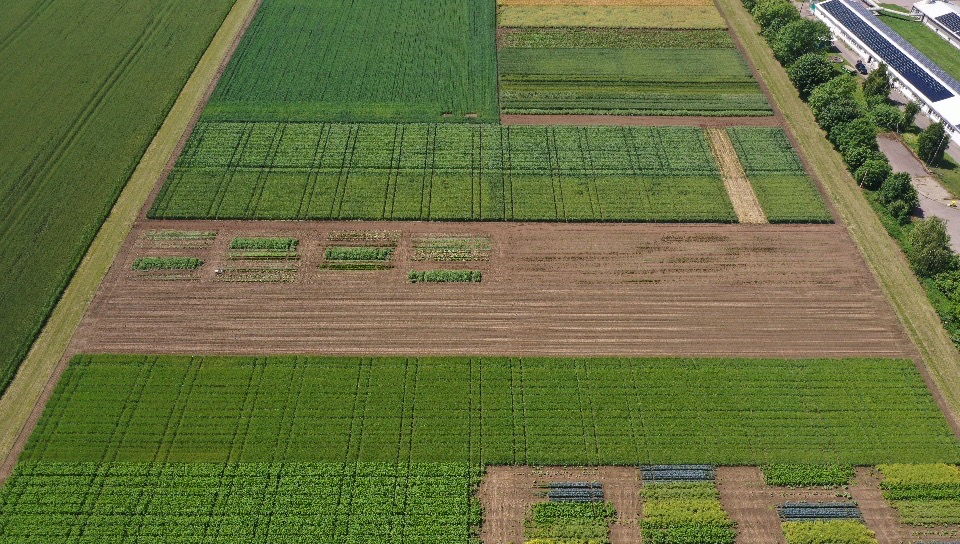The DiP-SuSaKlim project develops climate-adapted cultivation systems in organic farming and creates new regional value chains. Innovative fruit varieties are tested on the Merbitz trial field and organic farms and processed in the FoodLab.
Superfood from Saxony-Anhalt
Due to climate change, drought-resilient crops are increasingly growing on the fields in Saxony-Anhalt, such as chickpeas, amaranth and other “superfoods”. The DiP-SuSaKlim project develops climate-adapted cultivation systems for these crops in organic farming and at the same time creates new regional value chains.
At Martin Luther University Halle-Wittenberg, innovative crop rotations are being tested on the Merbitz trial field and monitored with state-of-the-art digital field sensors. The findings flow directly into agricultural practice: the cultivation systems are tested and optimised together with organic farms. In the FoodLab, this is used to create new products that meet consumer demands for healthy, regional food.
DiP-SuSaKlim thus strengthens organic farming in the region and creates new economic perspectives. The combination of traditional organic farming with digital innovation makes the region a pioneer for sustainable agriculture of the future.
In addition to production and product development, DiP-SuSaKlim focuses on digitalization. The project creates new economic prospects for Saxony-Anhalt – through innovative organic products, new processing structures and jobs in sustainable agriculture. DiP-SuSaKlim makes the region a pioneer for ecological, climate-adapted agriculture.

• Development of climate-resilient organic crop rotations
• Establishment of new crops from arid regions of the world
• Digital monitoring of soil and plants
• Development of regional processing structures
• Development of innovative organic food
• Strengthening regional value creation
© 2025 DiP
The best way to regularly receive exclusive insights and valuable information on digitalization in agriculture.
(Soon to be published 4 times a year)
The best way to regularly receive exclusive insights and valuable information on digitalization in agriculture.
(Soon to be published 4 times a year)